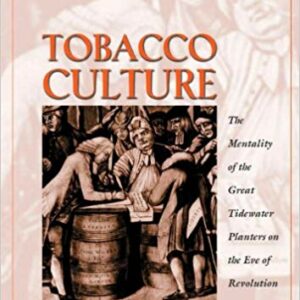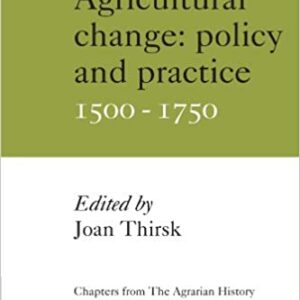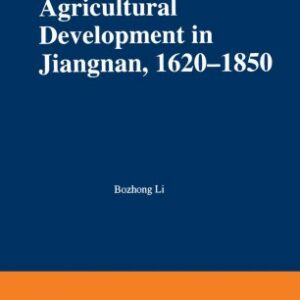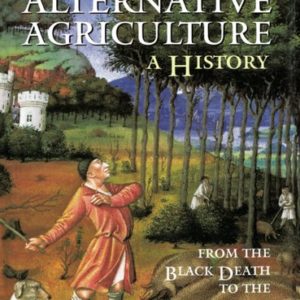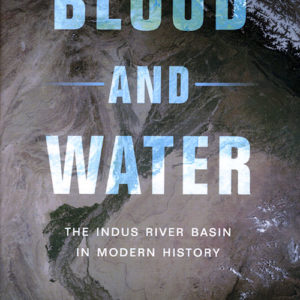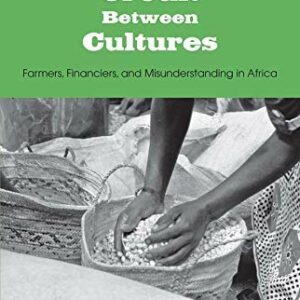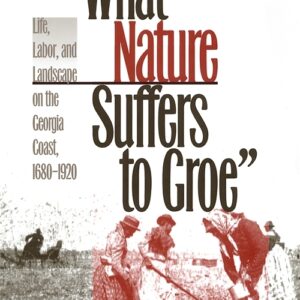
“What Nature Suffers to Groe”: Life, Labor, and Landscape on the Georgia Coast, 1680-1920
By Mart A. Stewart (NHC Fellow, 2002–03) “"What Nature Suffers to Groe" explores the mutually transforming relationship between environment and human culture on the Georgia coastal plain between 1680 and 1920. Each of the successive communities on the coast-the philanthropic and imperialistic experiment of the Georgia Trustees, the plantation culture of rice and sea island cotton … Continued
